The United Nations Human Settlements Program (UN-Habitat) estimates that by 2050, the number of people living in urban slums around the world will increase to 3 billion. How to help these people have a more “breathable” life is a difficult problem for even the richest countries in the world.
Beatrice Oriyo, 34, lives with her three children in a small room in Kibera, the largest informal settlement in Kenya’s capital Nairobi. Oriyo spends more than $43 a month on rent for this room. However, the room does not have its own toilet and Oriyo has to pay for each use of a public toilet. Day after day, all of her family’s activities are confined to this room, where the bedroom is also the living room, the kitchen and the bathroom, and a play area for three children is truly a luxury.
There are many other families in the world today who share the same fate as Oriyo and her mother. Reuters news agency quoted a UN-Habitat report saying that a total of more than 1 billion people in the world are living in slums like the one in Kibera, where they struggle to access basic services such as housing, clean water, energy, sanitation, etc. It is expected that by 2050, the number of people living in slums will be about 3 billion people as the world's population increases and more and more people move to cities in search of opportunities to change their lives. That also poses a big challenge for governments in many countries.
According to the World Bank, more than half of Kenya’s urban population now lives in crowded slums like Kibera. Most of the residents are migrants from rural areas. Their jobs are also mainly low-income jobs, around $2/day, such as motorbike drivers, security guards, factory workers or casual workers. Of course, with such a small income, these people cannot afford to rent a decent apartment or room in the capital Nairobi.
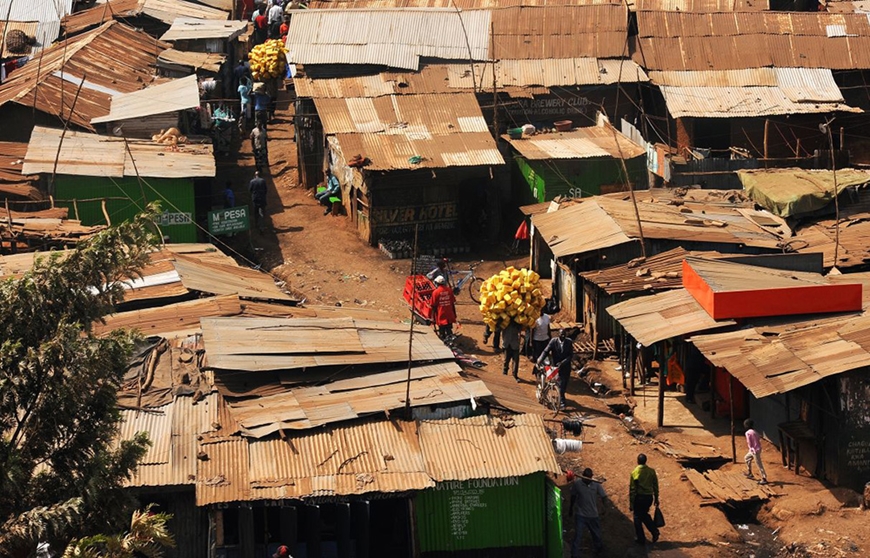 |
A corner of the Kibera slum in Kenya's capital Nairobi. Photo: CNN |
UN-Habitat predicts that in the future, 50% of the increase in the slum population will be concentrated in eight countries: Nigeria, Philippines, Ethiopia, Tanzania, India, Congo, Egypt and Pakistan. “Our future is urban... More than half of the world's population now lives in cities and towns. The urban population will increase by 70% by 2050. Therefore, addressing inequality and poverty in cities is more urgent than ever,” said UN-Habitat Executive Director Maimunah Mohd Sharif.
Also according to Reuters, UN-Habitat officials said that the housing shortage used to be a problem in developing countries, but now it has become a global crisis that even rich countries like the US, UK and Germany are facing. "The global housing crisis is present in every region of the world," said Edlam Yemeru, head of UN-Habitat's knowledge and innovation office.
Governments have considered ways to help longtime slum dwellers improve their lives, but it seems that it is not simple. According to Mr. Joseph Muturi, Chairman of Slum Dwellers International, a network of poor people living in urban slums, countries need to focus on upgrading slums instead of moving them out of the city. Because what happened in the past proved that moving many families from slums to new housing outside the city has isolated them, given them fewer job opportunities and eventually forced them to return to their old housing, no matter how shabby and cramped it is.
COURAGEOUS
Source






![[Photo] The drum beats to open the new school year in a special way](https://vphoto.vietnam.vn/thumb/1200x675/vietnam/resource/IMAGE/2025/9/5/b34123487ad34079a9688f344dc19148)
![[Photo] Hanoi students excitedly and joyfully open the new school year 2025-2026](https://vphoto.vietnam.vn/thumb/1200x675/vietnam/resource/IMAGE/2025/9/5/ecc91eddd50a467aa7670463f7b142f5)
![[Photo] Opening ceremony of "Digital Citizenship - Digital School" and commitment to civilized behavior in cyberspace](https://vphoto.vietnam.vn/thumb/1200x675/vietnam/resource/IMAGE/2025/9/5/222ec3b8892f443c9b26637ef2dd2b09)
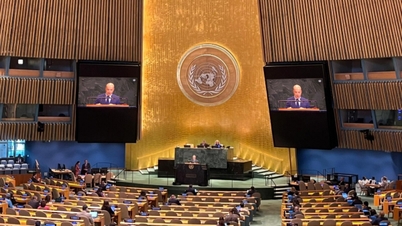



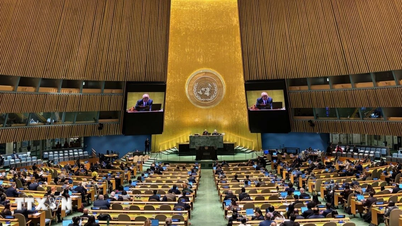







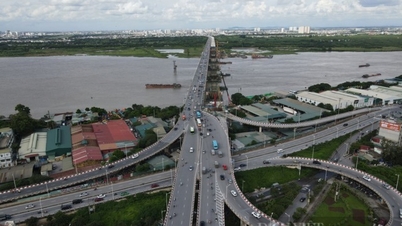
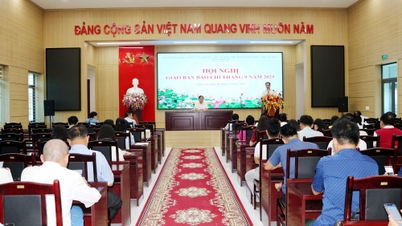

























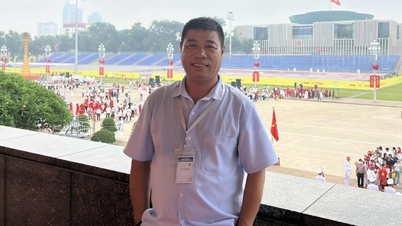






















































Comment (0)